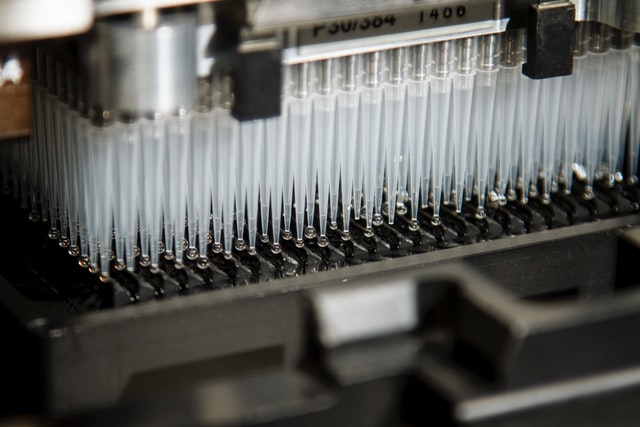Human Embryo Gene Editing Gets a Road Map—Not a Green Light
By Megan Molteni,
Wired
| 09. 03. 2020
FOR DECADES, SCIENTISTS have been tinkering with genes—cutting and pasting bits of DNA into organisms like plants, bacteria, and mice. So, of course, they thought about the possibility that one day someone might use such tools to alter human genes, even human germlines—making changes to people’s DNA that they’d pass on to future generations.
In 2012 these dreams (or nightmares, depending on where you stand) started to get real. With the emergence of Crispr, genetic manipulations were suddenly much easier to make and the tools to make them quick and cheap to obtain. The National Academy of Sciences arranged summits and reports in an attempt to set some boundaries. In 2017 the academy concluded that using Crispr for human genetic enhancement was a hard no. But they stopped short of a full moratorium. What about gene editing to address serious, incurable diseases? Well, that could maybe one day be fine, provided it was proven safe and effective.
But that 2017 report didn’t spell out exactly how one might prove those things. And a year later, into that...
Related Articles
By Katrina Northrop, The Washington Post | 04.06.2025
photo via Wikimedia Commons licensed under CC by 3.0
China's most infamous scientist is attempting a comeback. He Jiankui, who went to jail for three years after claiming he had created the world's first genetically altered babies, says he remains...
By Anumita Kaur [cites CGS’ Katie Hasson], The Washington Post | 03.25.2025
Genetic information company 23andMe has said that it is headed to bankruptcy court, raising questions for what happens to the DNA shared by millions of people with the company via saliva test kits.
Sunday’s announcement clears the way for a new...
By Peter Wehling, Tino Plümecke, and Isabelle Bartram
| 03.26.2025
This article was originally published as “Soziogenomik und polygene Scores” in issue 272 (February 2025) of the German-language journal Gen-ethischer Informationsdienst (GID); translated by the authors.
In mid-November 2024, the British organization Hope not Hate published its investigative research ‘Inside the Eugenics Revival’. In addition to documentating an active international “race research” network, the investigation also brought to light the existence of a US start-up that offers eugenic embryo selection. Heliospect Genomics aims to enable wealthy couples to...
By Frank Landymore, Futurism | 03.18.2025
You can only throw so much money at a problem.
This, more or less, is the line being taken by AI researchers in a recent survey. Asked whether "scaling up" current AI approaches could lead to achieving artificial general...




